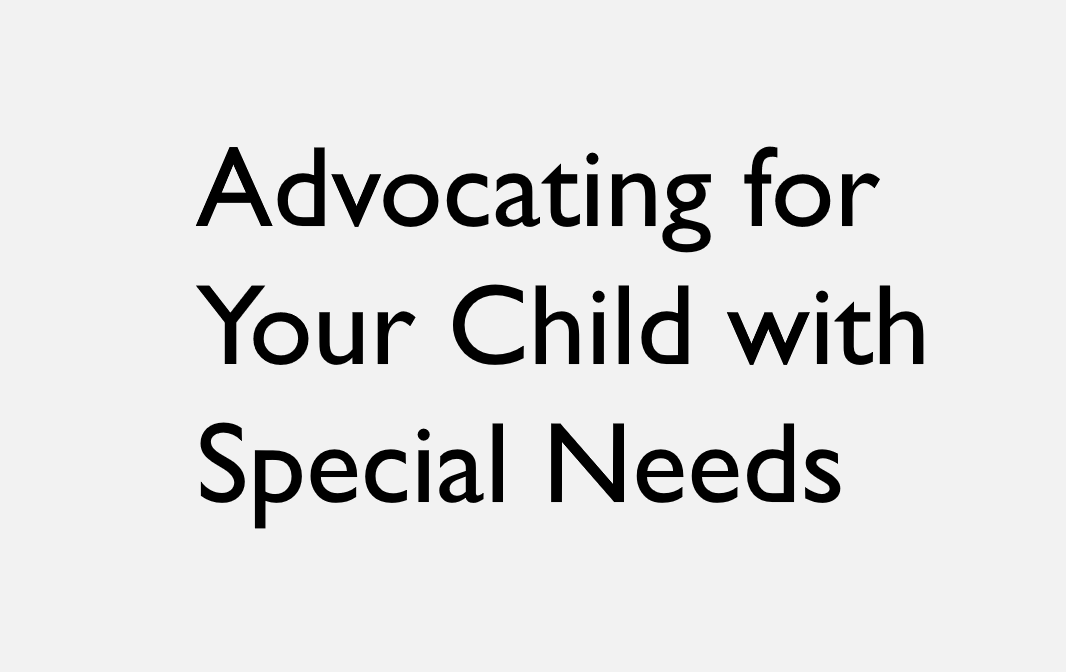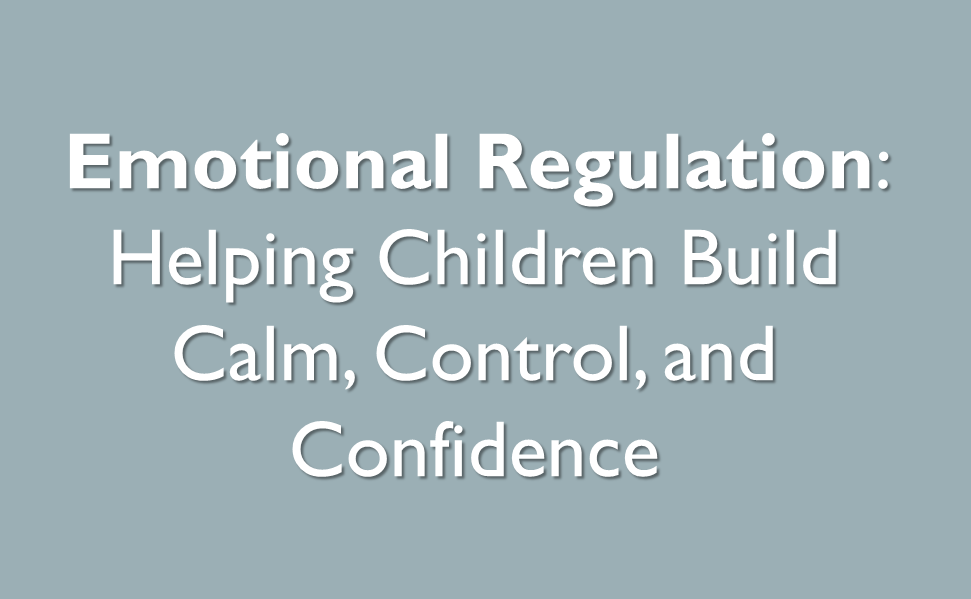Advocacy is one of the most powerful tools a parent can use to support a child with special needs. Whether your child has a learning disability, autism, ADHD, or another developmental condition, your voice matters. Advocating means ensuring your child receives the right support, accommodations, and opportunities to thrive in school and beyond. This guide will help you understand how to become an effective and confident advocate for your child.
1. Understand Your Child’s Rights
Every child with special needs has legal rights to education and support. In most countries, laws guarantee access to individualized instruction, accommodations, and inclusion in public schools. Take time to learn about local policies and frameworks such as Individualized Education Programs (IEPs) or 504 Plans. Understanding the law gives you confidence when speaking with teachers and administrators.
2. Know Your Child’s Strengths and Needs
Effective advocacy begins with knowing your child inside and out. Identify strengths, interests, challenges, and learning styles. Keep a personal file with assessment reports, IEPs, teacher notes, and progress data. The more clearly you can describe your child’s profile, the easier it becomes to explain what works best for them.
3. Build Positive Relationships with Educators
Advocacy is not about confrontation. It is about collaboration. Communicate regularly with teachers, therapists, and support staff. Thank them for their efforts, and share updates about what helps your child succeed at home. A respectful and solution-focused attitude builds trust and encourages teamwork.
4. Document Everything
Keep written records of meetings, emails, and communication with the school. Documentation ensures that promises are kept and provides a clear history if issues arise. Date every note, store documents in one folder, and review them before any school conference.
5. Ask Questions and Seek Clarity
Never hesitate to ask for explanations about terms, evaluations, or decisions. If something seems unclear, request more information. A good question might be: “Can you show me how this strategy will help my child reach their goal?” Curiosity shows that you are engaged and invested in your child’s success.
6. Collaborate During the IEP Process
Your input in the IEP meeting is vital. Come prepared with notes about progress and concerns. Suggest realistic goals, share what works at home, and ask for strategies that align with your child’s learning style. Remember that the IEP is a living document that can be adjusted whenever needed.
7. Learn the Language of Special Education
Terms like accommodation, modification, intervention, and progress monitoring can sound confusing at first. Understanding these words helps you participate fully in discussions. Take notes during meetings and review them later. Many schools offer parent workshops or online webinars that explain terminology in simple terms.
8. Teach Your Child Self-Advocacy
One of the greatest gifts you can give your child is the ability to speak up for themselves. Encourage them to express what they need and how they learn best. Teach simple phrases such as “I need more time to finish” or “Can you explain it another way?” Self-advocacy builds confidence and independence for life.
9. Stay Calm During Challenges
Disagreements may occur, but staying calm helps you remain persuasive. Focus on facts and solutions instead of emotions. If a situation becomes stressful, take a break and schedule another meeting. Being respectful yet firm communicates that you are serious and professional.
10. Connect with Support Networks
Join local or online parent groups, advocacy organizations, or special education communities. Sharing experiences with others provides emotional support and valuable advice. These networks often share updates about rights, policies, and success stories that can guide your journey.
11. Celebrate Progress
Advocacy is not only about solving problems. It is also about celebrating achievements. Whether your child learns a new skill or meets a small goal, take time to acknowledge it. Recognizing progress keeps motivation strong for both you and your child.
Conclusion
Advocating for your child with special needs takes patience, persistence, and love. You are your child’s most consistent voice and greatest supporter. When families and schools work together, every child can reach their potential. Stay informed, stay confident, and never underestimate the impact of your advocacy.




